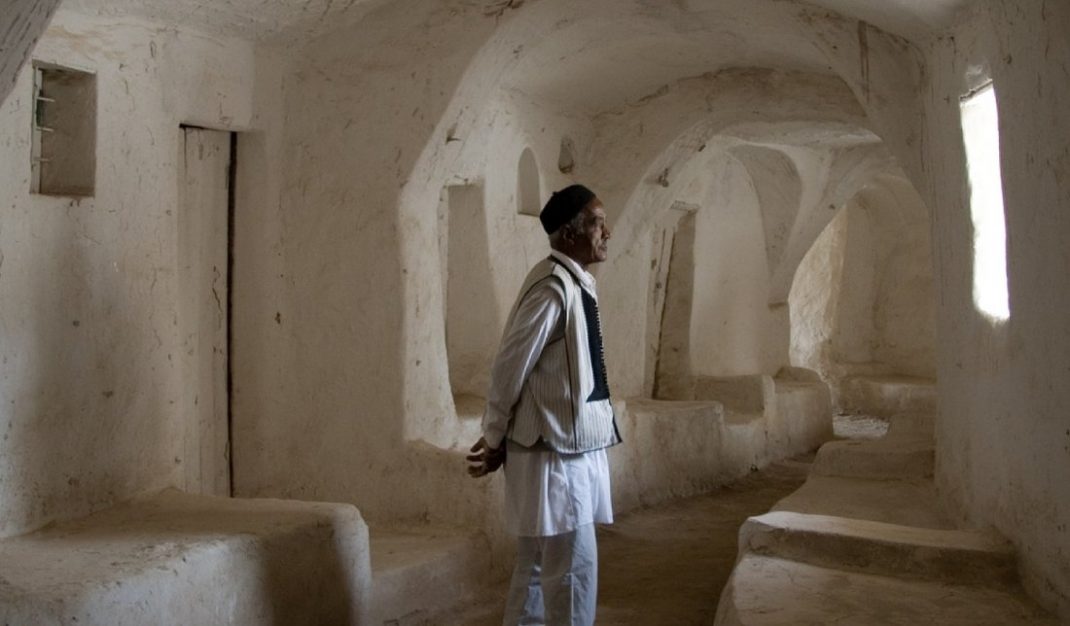By Tarek Megerisi
 On April 14th the ‘National Conference’, a much-vaunted event in Libya’s political calendar and arguably over three years in the making, was due to begin.
On April 14th the ‘National Conference’, a much-vaunted event in Libya’s political calendar and arguably over three years in the making, was due to begin.
The brain child of the UN’s latest special-representative to the troubled country, Dr. Ghassan Salamé, it was designed to break the political stagnation entrenching since the last UN initiative the ‘Libyan Political Agreement’ (LPA) had been signed in 2015.
The LPA birthed a transitional system of governance that was dead-on-delivery with rival institutions unwilling to cooperate. The effects of this had been to weaken the traditional institutions of state which gradually became beholden to the non-state military actors who once claimed to provide their security.
This had reduced the previous three years of UN and international policy to a series of futile attempts at deal-making between Libya’s political, economic or military elites who saw a greater value in growing fat off a status-quo which offered plenty of opportunity for corruption than addressing the country’s worsening dilapidation.
International actors in turn were disgruntled enough at this situation to unilaterally secure their interests, while being content enough to not risk the diplomatic outlay that addressing this squalid status-quo would require.
The one exception to this rule was Khalifa Haftar, who remained operating in the zero-sum paradigm which defined Libya’s first era of post-revolutionary politics, and steadily sought to advance himself into a position of authority and autocracy.
The national conference promised to upend this situation by tapping into the great discontent of the Libyan people to demand a new approach to this ageing problem.
Founding itself upon a number of public consultations carried out over 2018, it aimed to produce a roadmap for moving forwardwhich was detailed enough to list the milestones along the way, while being vague enough to remain broadly agreeable to the diverse yet often divergent Libyans it would convene.
This conference however, failed to escape the attentions of Haftar, who hoped to leverage it to validate his growing power and set-up future consolidation.
Having claimed the entire south of Libya in early 2019, he aimed to pressure the politicians of western Libya into submitting to an agreement which would legitimise his power and prepare him for a political putsch.
With such an agreement in hand he would be capable of claiming centre-stage at the conference which could be contorted to feign a public acceptance of his position and allow him to dictate the political path that would follow.
However, the President of the LPA created government Fayez al-Serraj remained able to hold out against these attempts at submission encouraged by a growing popular disquiet over Haftar’s ambitions to install a military-style dictatorship in the mould of Sisi’s regime in neighbouring Egypt.
While this helped preserve the integrity and credibility of the upcoming conference, it aggravated a military man who was running out of options for obtaining the most crucial piece of his puzzle, legal and internationally recognised authority, in a way that would not force him to concede any control over Libya’s political future.
So, Haftar made his most audacious move yet, declaring an advance on the capital only hours after the UN Secretary General himself had landed in the city to begin the charm offensive which was then believed to be all that was needed to cement elite support for the upcoming conference.
This was his contingency plan, cleared by his western allies (who nevertheless remained shocked when it began), and likely calculated amongst his regional allies in Riyadh the week before it was launched.
Possibly lulled into a false sense of popularity and confidence by his simple conquest of the South months before, Haftar gravely misjudged the reception he would receive in Tripoli. It was a misjudgement which may prove fatal to his ambitions and devastating to Libya’s future.
Far from being welcomed by the population, and joined by local forces, Haftar triggered the largest mobilisation in western Libya since 2011 and has already found himself in a military stalemate.
By being the clear aggressor and in the spotlight of the world’s media given the celebrity who was in the capital at the time, the paradoxes of the narratives he has sold so well at home and abroad as well as the military misconduct of his forces which have been videoed using adolescent soldiers and indiscriminately shelling is seeing his support base begin to dissolve beneath him.
Although the ending of the war is uncertain, Libya is now on a war-footing which will take a considerable effort to step-down from.
The promise of the conference will have to remain unbroached for the time being as those who may have once been cajoled into a consensual path forward are now consumed by militarisation.
All that remains certain is that Libya’s future, and that of the Libyan people will pay the greatest price.
***
Tarek Megerisi is a policy fellow with the North Africa and Middle East programme at the European Council on Foreign Relations. He is a political analyst and researcher who specialises in Libyan affairs and more generally politics, governance and development in the Arab world.
_____________

INSTITUTO PER GLISTUDI DI POLITICA INTERNATIONALE




